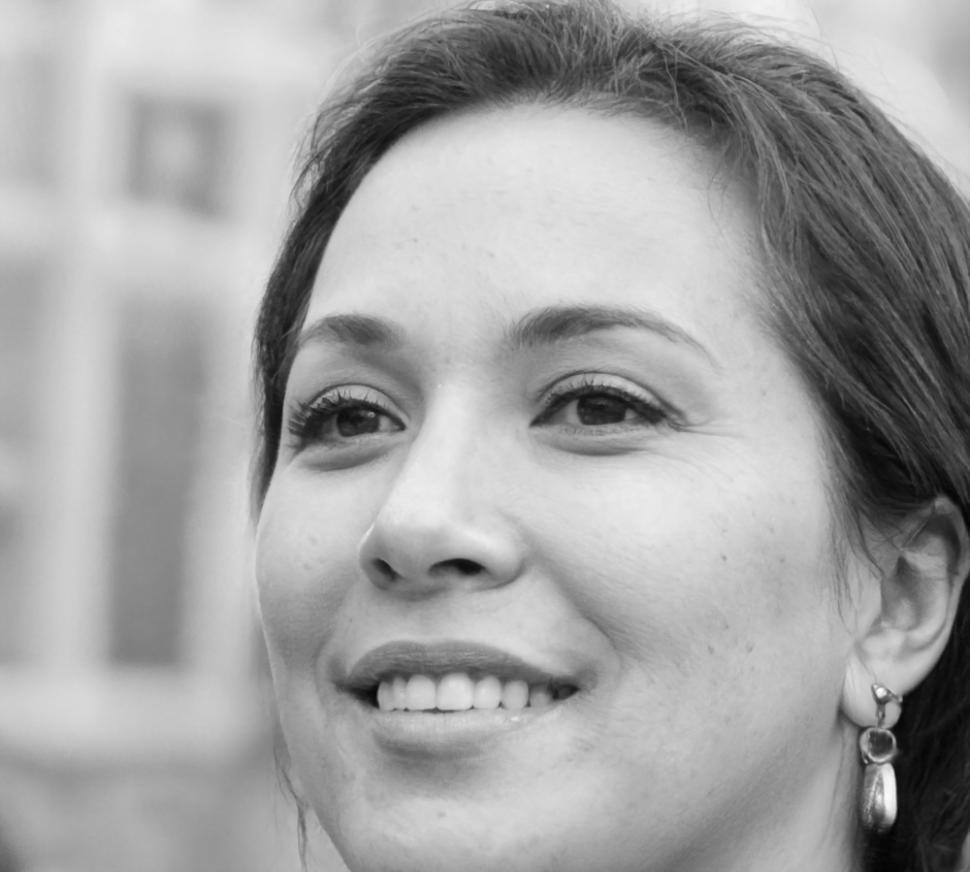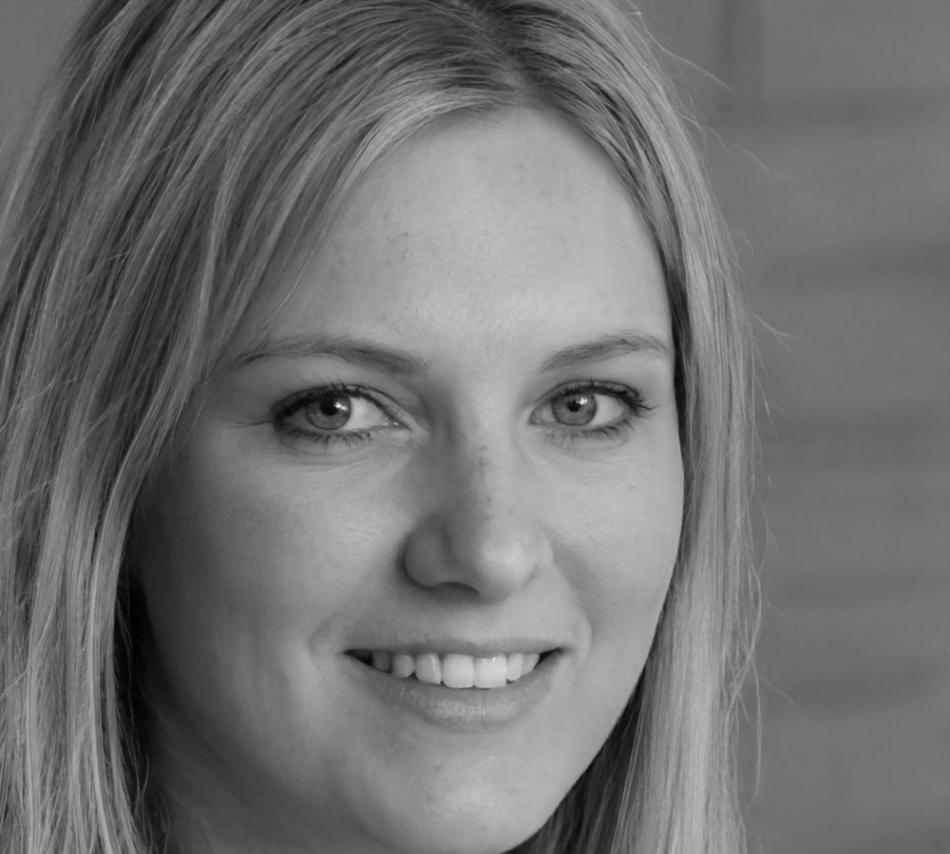Financial Fraud Prevention Training
Practical education for real-world protection. Our program focuses on building solid detection skills through hands-on scenarios and proven techniques that actually work in daily financial operations.

Build Detection Skills That Matter
We don't teach theory for the sake of it. Every module connects directly to situations you'll face in banking, retail operations, or small business management. You'll work through actual fraud attempts we've documented over the past three years.
- Start with pattern recognition basics using modified real cases
- Progress through transaction analysis with interactive examples
- Practice response protocols in timed simulation exercises
- Learn documentation methods that hold up under scrutiny
- Master communication approaches for sensitive situations
Weeks of Practical Training
Real Case Studies
Specialist Instructors
Interactive Modules
Learn From People Who've Been There
Your instructors have worked frontline fraud detection roles across Australian financial institutions. They bring stories, mistakes made, and lessons learned into every session.

Elowen Briarwood
Transaction Analysis SpecialistSpent eight years reviewing suspicious activity reports for a Brisbane credit union. Now teaches the subtle indicators most automated systems miss. Her module on invoice fraud is based on 200+ cases she personally investigated.

Mirella Kostadinov
Response Protocol DesignerFormer compliance officer who developed containment procedures for three Melbourne banks. She'll walk you through the first five minutes after detection, when most damage can be prevented or made worse depending on your actions.
What You'll Actually Do
This isn't about sitting through lectures. You'll spend most of your time working through scenarios, making decisions, and getting feedback from instructors who've handled similar situations professionally.
Review Real Documentation
We use sanitized versions of actual fraud attempts. You'll examine transaction records, communication logs, and supporting documents to identify red flags. Some are obvious. Many aren't.
Make Timed Decisions
Fraud detection happens under pressure. You'll work through simulations where timing matters and your response affects outcomes. Then we discuss what worked, what didn't, and why certain approaches fail.
Document Your Analysis
Clear documentation protects everyone. You'll practice writing reports that explain your reasoning in plain language, noting evidence without making unfounded claims. This skill matters more than people realize.
Handle Communication Scenarios
Confronting suspected fraud is uncomfortable. We role-play these conversations so you can practice staying calm, gathering information without accusations, and knowing when to escalate versus when to document and monitor.
Next Program Starts September 2025
Classes meet Tuesday and Thursday evenings in Townsville, with optional Saturday workshops for deeper case study analysis. We keep cohorts small so everyone gets direct feedback on their work. Registration opens in late June.